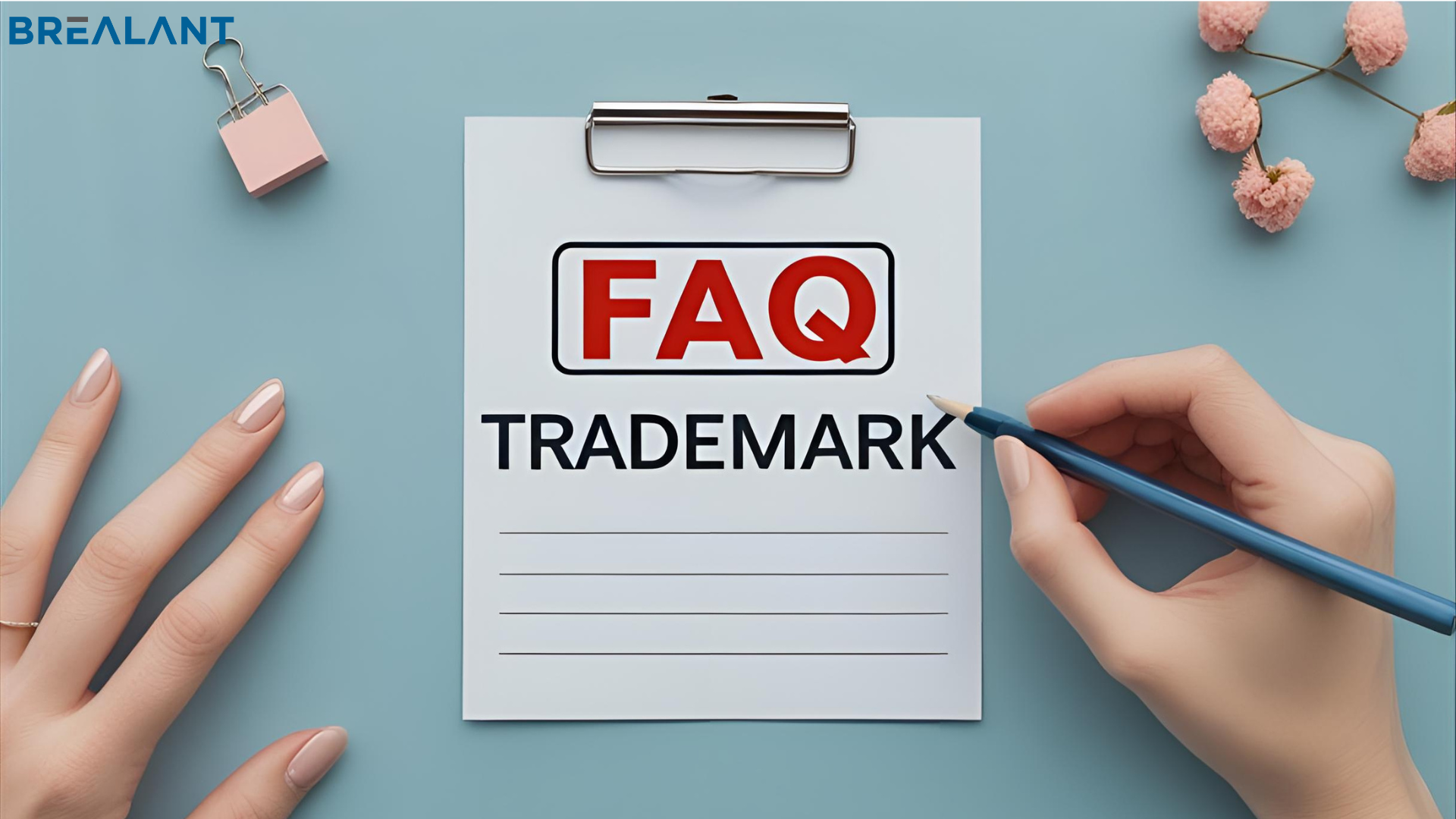

No, trademark registration is not mandatory in the Philippines. Trade names and business names already enjoy protection even without registration, and well-known marks are likewise safeguarded against use on the same or similar goods and services, even if they are not registered locally.
No, trademark registration in the Philippines is not free. The government fee for a simple trademark registration that covers one mark in one class is 5,769.52 Philippine pesos. The filing fee for a trademark application is multiplied by the number of classes covered, including color and priority claim fees.
A trademark applicant can be either a natural or a legal person. A trademark application can also be filed in the names of multiple applicants. Foreign applicants who are not domiciled in the country or do not have a real and effective commercial establishment in the country must have a resident representative who will be served with notices or processes in proceedings involving the mark.
Any layman who wishes to register a trademark may do so. However, when practical applicability is taken into account, hiring an attorney will make the process of registering a trademark easier.
Simply put, it means changing or modifying the application after it has been filed. A trademark application can be amended by filing an amendment with the United States Patent and Trademark Office
The total process takes 6-12 months on average.
There are 3 Major steps in trademark registration:
When you apply for a trademark, you have the option of requesting a priority examination. A priority examination allows your application to be processed first by IPOPHIL in certain circumstances.
There are eight reasons why you should file for priority action.
When you refile your rights to a mark that was canceled due to failure to file the DAU, or when your mark was abandoned and cannot be revived, you will most likely use this method.
Priority filing may also be requested in situations where countries or international organizations need to protect their logos, or when events such as sports competitions, trade missions, educational programs, domain name launches, or ICT projects require early registration to secure goodwill and public trust.
A trademark application is denied for a variety of reasons. For example, a trademark application will be denied if it contains scandalous material or uses national symbols of the Philippines or other countries.
A trademark will also be rejected if it uses a person’s image or likeness without consent, or if it is confusingly similar to an already registered mark covering the same or related goods and services.”
A certificate of registration may be renewed for ten (10) years after it expires by paying the prescribed fee and filing a petition for renewal of registration.
The Petition for Renewal of Registration must be signed and notarized by a duly authorized representative of the owner/registrant.
There is no specific document required by Philippine law to substantiate a registrant's or applicant's change of address. In practice, the Intellectual Property Office (IP Code) typically only requires written documents such as a certification from the applicant's or registrant's corporate secretary attesting to the change of address, or a similar corporate register evidencing the same.
Yes, an individual can own a trademark; you do not need to be a registered company to apply for trademark registration.